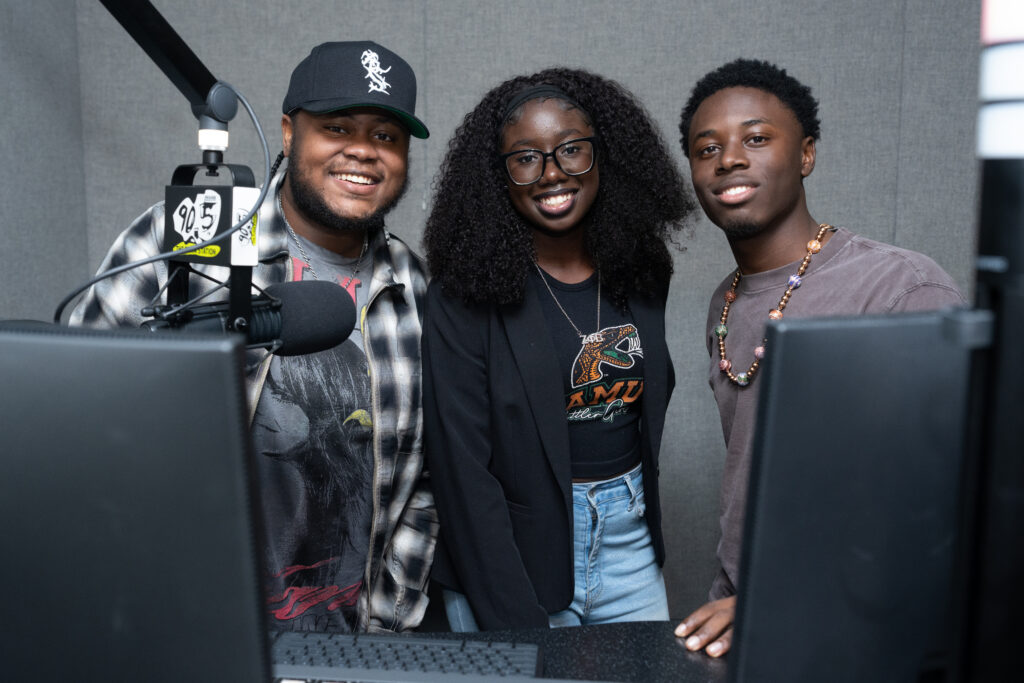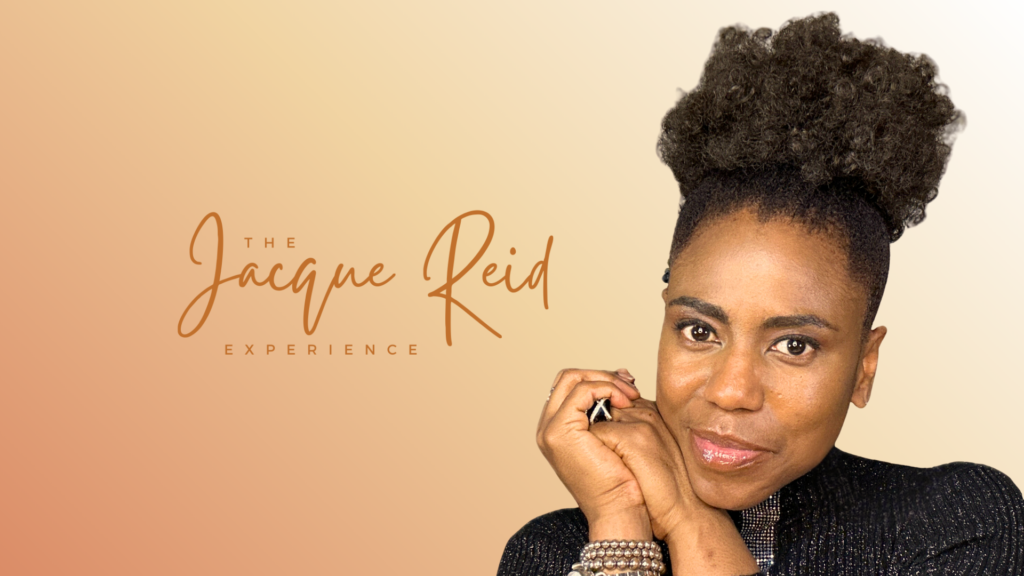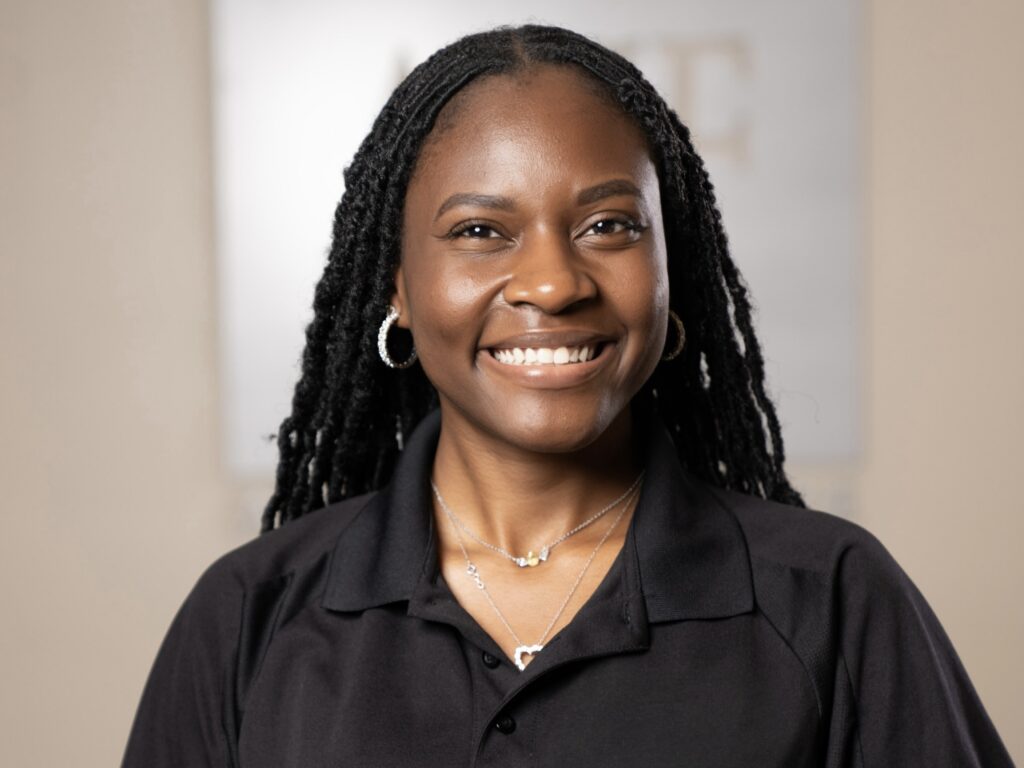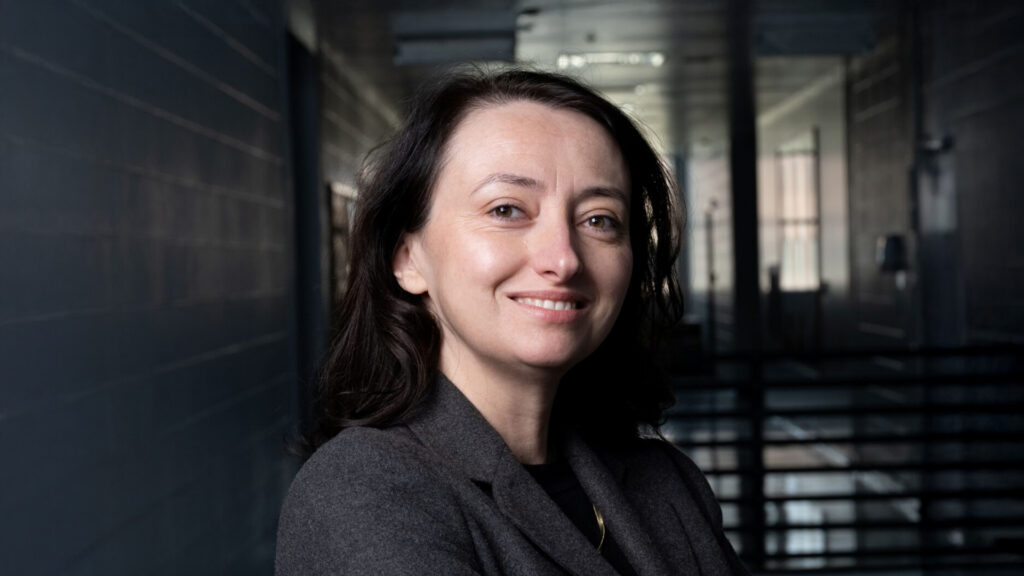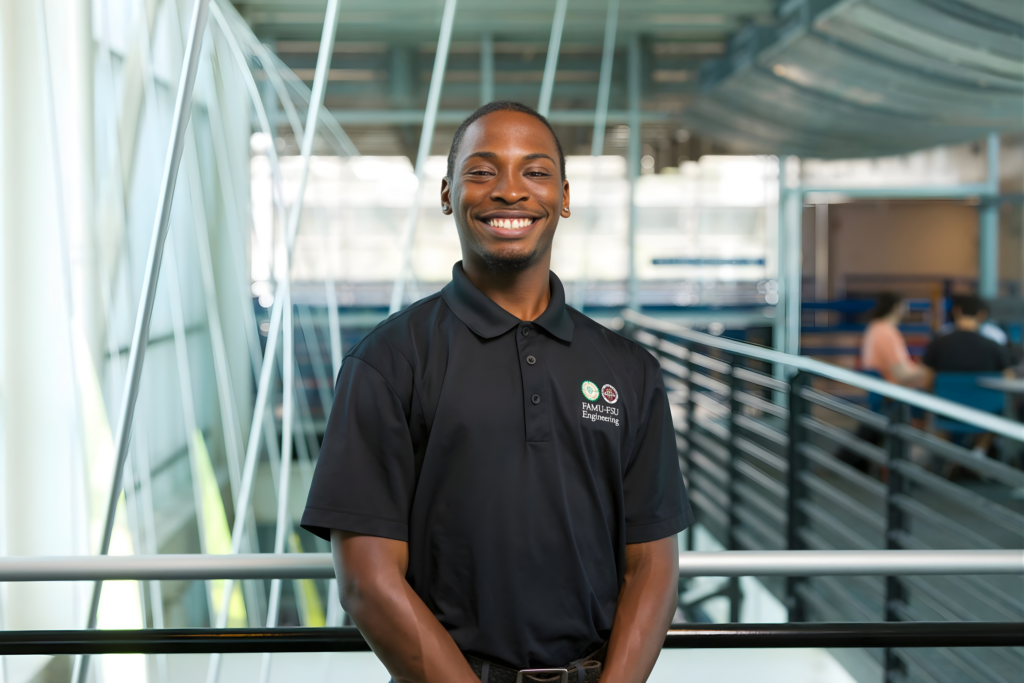
Students in Florida A&M University’s School of Journalism & Graphic Communication (FAMU SJGC) closed out the spring semester with a different kind of celebration—a celebration of life.
Under the guidance of Associate Professor of Public Relations Hsuan Huang, Ph.D., students in her Social Media Data Analytics course leveraged the strategic communication skills they developed to help save lives by creating campaigns to raise awareness around the great need in the African American community when it comes to organ, eye and tissue donation.
Motivated by her previous research in organ donation and her passion for community health equity, Huang, who specializes in health behavior science and minority health, created a competition for her students to develop digital content campaigns in partnership with Donate Life Florida.
Donate Life Florida is a nonprofit organization responsible for managing the state’s donor registry, aiming to increase registry enrollment and educate Floridians about donation.
The collaboration, with Donate Life Florida being the class’s client, gave students the opportunity to design real-world social media campaigns aimed at debunking myths, reducing stigma and empowering young adults to make informed decisions about organ, eye and tissue donation.
Kimberly Gilmore, strategic communications director for Donate Life Florida, visited the class to discuss the life-saving importance of increasing donor registration among multicultural communities and motivating the students to use their creativity and multimedia training to help change lives.
“Educating college students about organ donation is essential,” Gilmore said. “They can become lifelong advocates, helping to shift public perception and inspire meaningful action.”
The class project addresses a serious public health disparity. According to the National Institute of Diabetes and Digestive and Kidney Diseases, African Americans make up just 13% of the U.S. population but represent nearly 30% of all candidates on the national waiting list for organ transplants. Contributing factors include higher rates of hypertension, diabetes and heart disease (conditions that can lead to organ failure) combined with lower rates of organ donation due to data that reflect longstanding mistrust in the health care system and cultural beliefs about death and donation.
The assignment challenged three student teams to create comprehensive digital strategies. In addition to platform research, content calendars and graphic mock-ups, students presented full campaign plans including SWOT analyses, audience research and calls to action.
The winning campaign, “You Don’t Have to Be a Doctor to Save a Life,” featured a series of Instagram Story mock-ups, including Bingo: Donor Edition, an interactive card with prompts like “I know one donor can save up to 8 lives” and “I signed up to become an organ donor.” The other campaign themes were “Be the Gift” and “Stop the Stigma.”
The team behind the winning concept included a mix of public relations and journalism students: D’Niya Henderson, a senior public relations major; Danizia Martin, a senior broadcast journalism major; Tatyanna McCray, a senior public relations major; Jalia Dowdell, a spring 2025 public relations graduate; and Tristian Hutton, also a spring 2025 broadcast journalism graduate.

During their presentation, the group highlighted their key areas of focus:
- Educate and inform Florida A&M University students about the benefits of becoming organ donors.
- Ignite conversations that help break stigmas surrounding organ, eye and tissue donation.
- Increase awareness through engaging social media content, personal testimonies and educational resources.
- Encourage more students and community members to register as organ donors.
- Positively impact lives by increasing donor registration and support for donation efforts.
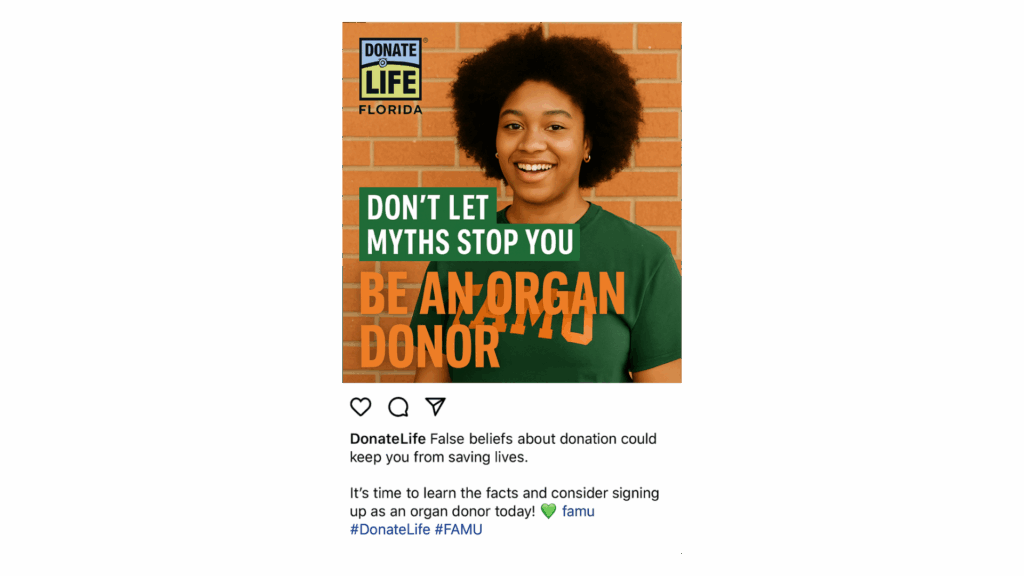
Team leader Henderson emphasized the group’s intention to inspire change.
“Our goal was to spark a conversation and motivate our peers to become part of the solution. Through our storytelling and campaign efforts, we hope more young people will understand how simple it is to become a donor and how powerful that decision can be,” she said.
Henderson also applauded the hands-on experience that Huang and Gilmore provided for students.
“It wasn’t just meaningful for the community; it was actually fun and really educational for us too. We got to create something real that could actually help people, and it really showed me how powerful our voices and creativity can be,” she noted.

Gilmore was impressed with the talent, commitment, work and passion of the students and was a satisfied client.
“It’s always a pleasure to collaborate with Dr. Huang and her students,” Gilmore said in a release announcing the campaign winners. “What an amazing group! Their presentations offered fresh, thoughtful perspectives on connecting with young, multicultural audiences about this life-saving mission.”
By equipping students with the tools to develop real-world advocacy campaigns, Huang hopes to continue bridging the gap between classroom learning and community impact.
She is already looking toward the next project.
“Thank you so much for working with us,” she told Gilmore during the project’s wrap-up. “We’d be happy to work with you again in the fall!”
Donate Life Florida works in partnership with LifeQuest Organ Recovery Services, a nonprofit division of UF Health Shands Hospital, the teaching hospital of the University of Florida, that helps allocate donated organs and promotes awareness. LifeQuest is also a founding member of Donate Life Florida.
To learn more or register as a donor, visit www.DonateLifeFlorida.org or www.LifeQuestFla.org. Organizations or educators interested in future partnerships may contact Kimberly Gilmore at Kimberly.Gilmore@lifequest.ufl.edu.
Special thanks to D’Niya Henderson and Kimberly Gilmore for their contributions to this article.
